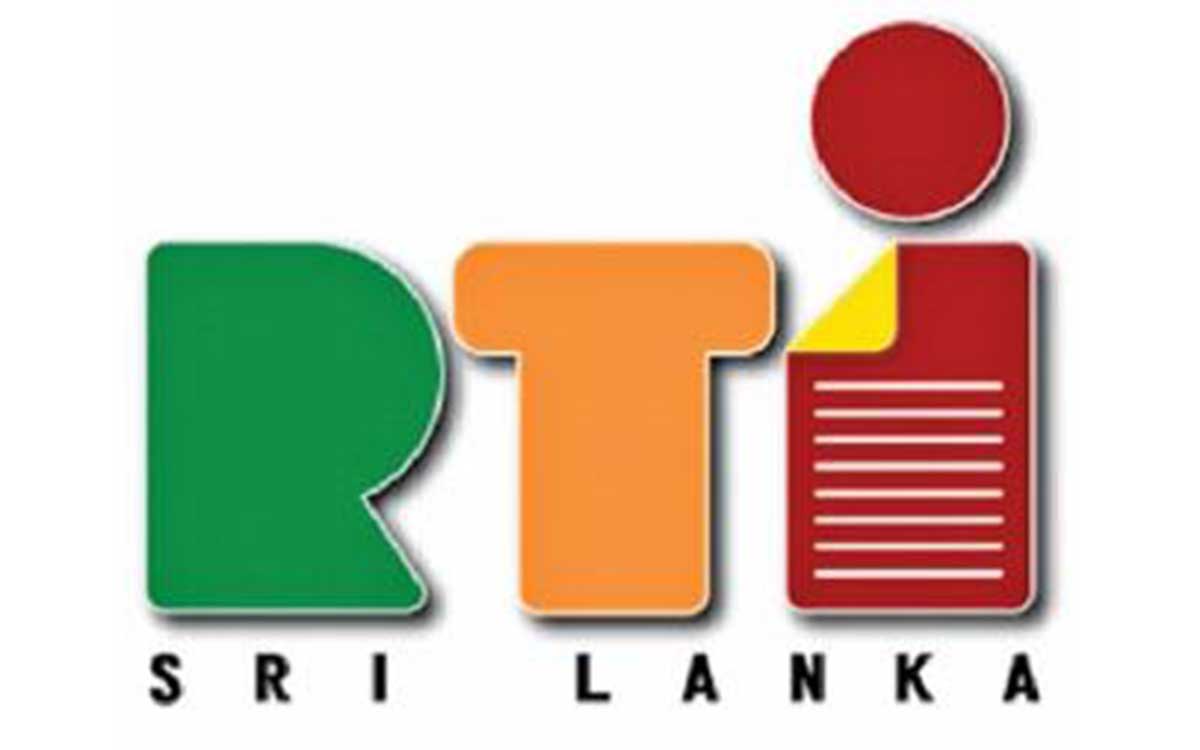There has been a growing trend where the letter and spirit of the Right to Information Act are being ignored. Prominent civil activist Chandra Jayarathna points out that responses to Right to Information requests ignore both the letter and the spirit of the law. This includes delays in responses without justification, convoluted responses that fail to address the real issues, and instances where citizens are pushed into appeal processes due to non-compliance.

Call for Responsibility and Accountability: Secretaries, Chief Accounting Officers, Heads of Public Institutions, Information Officers, Designated Officers, and other relevant authorities need to recognize their responsibility and accountability in responding to information requests, respecting public expectations and public trust. Civil activist Ajantha Sigera points out that there is a serious discussion among civil society organizations to file a test case against selected public service officials who have developed a habit of disrespecting the provisions of the Right to Information Act. Recently, a local journalist shared his experience with the College of Journalism in Sri Lanka. “Recently, I requested information from the local police station, and initially, they asked me how I would be using this information. When I stated that I am not willing to share this information, I was summoned to the police and interrogated.”
Some public officials may resist or be reluctant to comply with the transparency requirements of the RTI Act. This resistance may stem from concerns about accountability, fear of reprisals, or a lack of understanding of the importance of open governance.
Proactive Role of Right to Information Commission: There is a suggestion for the Right to Information Commission to take proactive steps, such as issuing a Public Circular, to reiterate the responsibility and accountability of public officials in responding to Right to Information requests.
Inadequate Infrastructure: Insufficient technological and administrative infrastructure may impede the efficient processing and dissemination of information. The lack of digital systems and proper record-keeping practices can contribute to delays and inefficiencies in responding to information requests.
Report on use of the Right to Information by journalist Act







